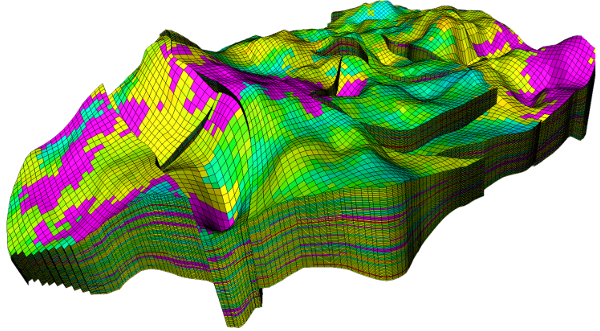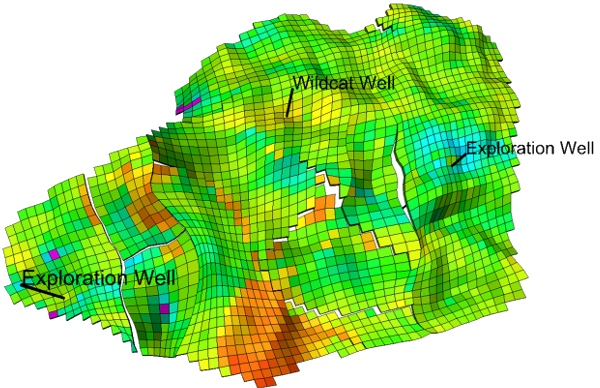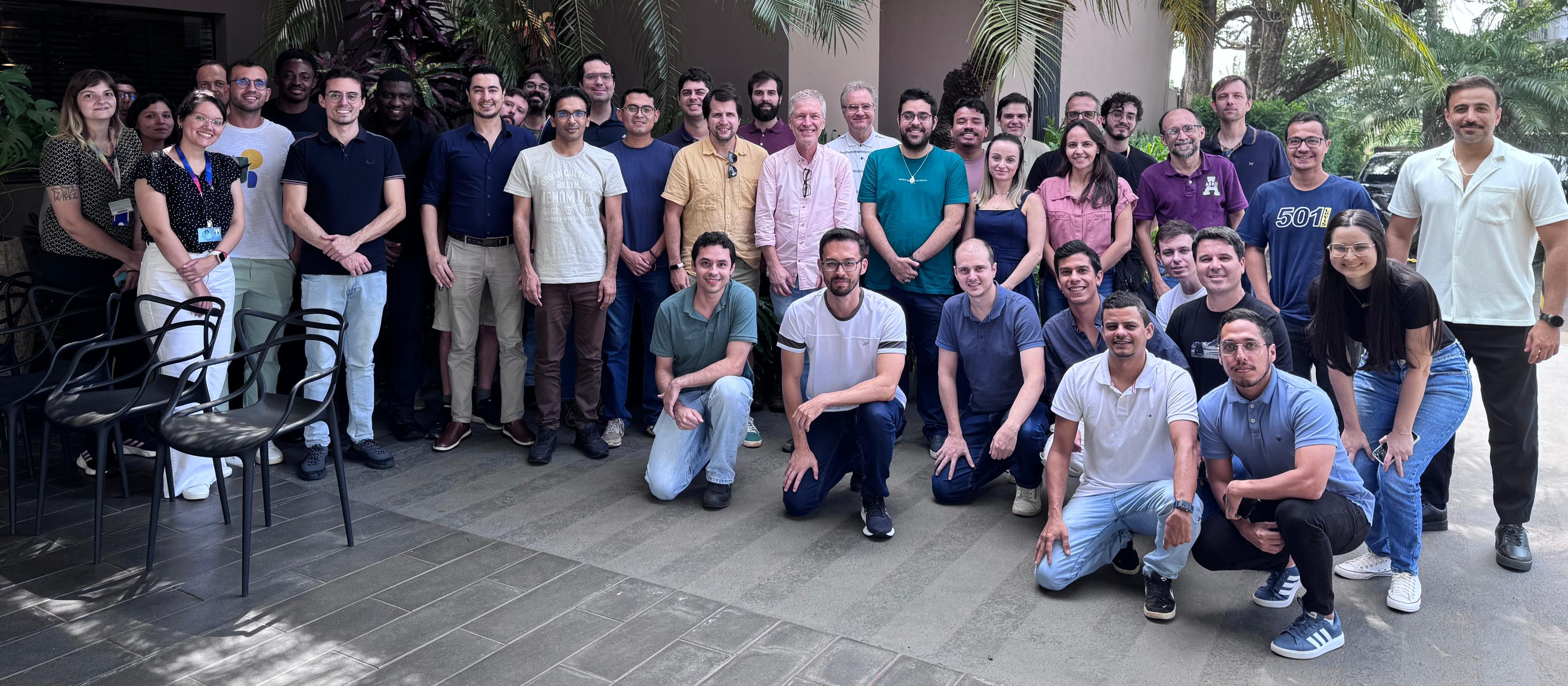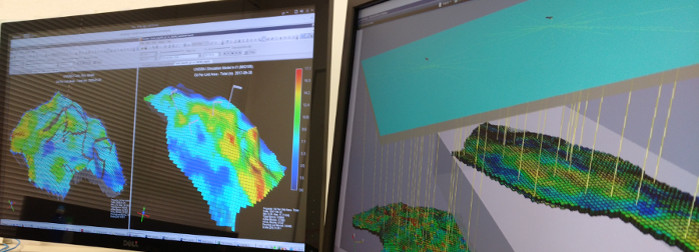Students interested in Master/PhD
semester of - Deadline:
Detailed information about graduate courses in Petroleum Sciences and Engineering (CEP) are available at https://www.fem.unicamp.br/index.php/pt-br/admissao-cpg-cep/editais-cpg-cep/aluno-regular-cpg-cep
Those who are interested in doing a Master/PhD project under the supervision of Professor Denis Schiozer or Alessandra Davolio, must select a research area of interest. Details and bibliographical material such as PhD theses, master dissertations and published papers for all research themes of UNISIM are available at Research Lines.
After choosing a research area, the candidate for a Master or PhD project in UNISIM group must send the following information according to below Technical Form document to "This email address is being protected from spambots. You need JavaScript enabled to view it.".
- Updated Curriculum Vitae
- Academic record (Candidates for a PhD position need to send the academic record of the Undergraduate and Master's).
- Technical Form (Download)
- Simplified Search Plan Text (Download)
- Current Letter of Recommendation
- Video in English of up to 2 minutes with the following information:
- Tell us how do you think you can contribute with your experience and ideas
- Tell us why you want to join UNISIM, which is your interest area and how you can contribute to our research
- Msc thesis*
- Articles*
*For students interested in PhD
Students without academic knowledge in the petroleum area must read Thomas et al (2001) for basic notions of petroleum engineering and Rosa et al (2005) for basics notions of reservoir engineering.
The admission can occur in the middle of the academic year. Nevertheless, it is recommended to start in the beginning of the year due to the sequence in which the different subjects are offered. For the admission it is necessary to propose a work plan according to the model available at WORK PLAN.
The application for foreign students is a little more complex. The candidate must get in contact with the graduate secretariat for more information.
Deadline for registration in the UNISIM selection process for the semester of : .
Scholarship
Students interested in a Master or PhD degree from UNISIM may apply for scholarships from the postgraduate course in Petroleum Science and Engineering (CEP).
Check with the CEP the conditions for these scholarships (CAPES, CNPq, ANP, PRH among others). For program grants, the program exam or GRE is used as an evaluation criterion.
If program grants are insufficient, students may apply for grants from other funding sources, such as FAPESP and CNPq. The links below show the values of for each mode in each source.
http://cnpq.br/no-pais/
http://www.fapesp.br/3162
Requests must be made early in the term, as there is a time for proposal review that may take a few months.
During this waiting period, it is possible to offer an equivalent scholarship via research project (subject to research projects in the area of each student). Proof of program or GRE are also used to justify these temporary grants.
Important to know that these conditions apply to only regular students.
General references about petroleum, reservoir engineering and reservoir simulation
- Hydrocarbon Exploration and Production, Frank Jahn, Mark Cook e Mark Graham, Elsevier, 1998
- Fundamentos da Engenharia de Petróleo, José Eduardo Thomas, Editora Interciência, 2001.
- Rosa, Carvalho e Xavier; Engenharia de Reservatórios, 2005.
- Franchi, J.R.: Principles of Applied Reservoir Simulation, Gulf Professional Publishing, second edition, 2001.
- Ertekin, T., et al: Basic Applied Reservoir Simulation, SPE textbook Series Vol. 7, 2001.
- Mike Carlson: Practical Reservoir Simulation, PennWell.
- James R. Gilman and Chet Ozgen Reservoir Simulation: History Matching and Forecasting, 2013, Society of Petroleum Engineers
* Guidelines for candidates to regular students. For information on admission as a special student, go to: br/alunos/alunos-especiais
IMPORTANT: This is an initial selection made by UNISIM. After the group's approval and the application in the graduate program, the student's request will go through a committee of teachers and only after approval the candidate can make the enrolment.
General guide for foreign students [Click here]
